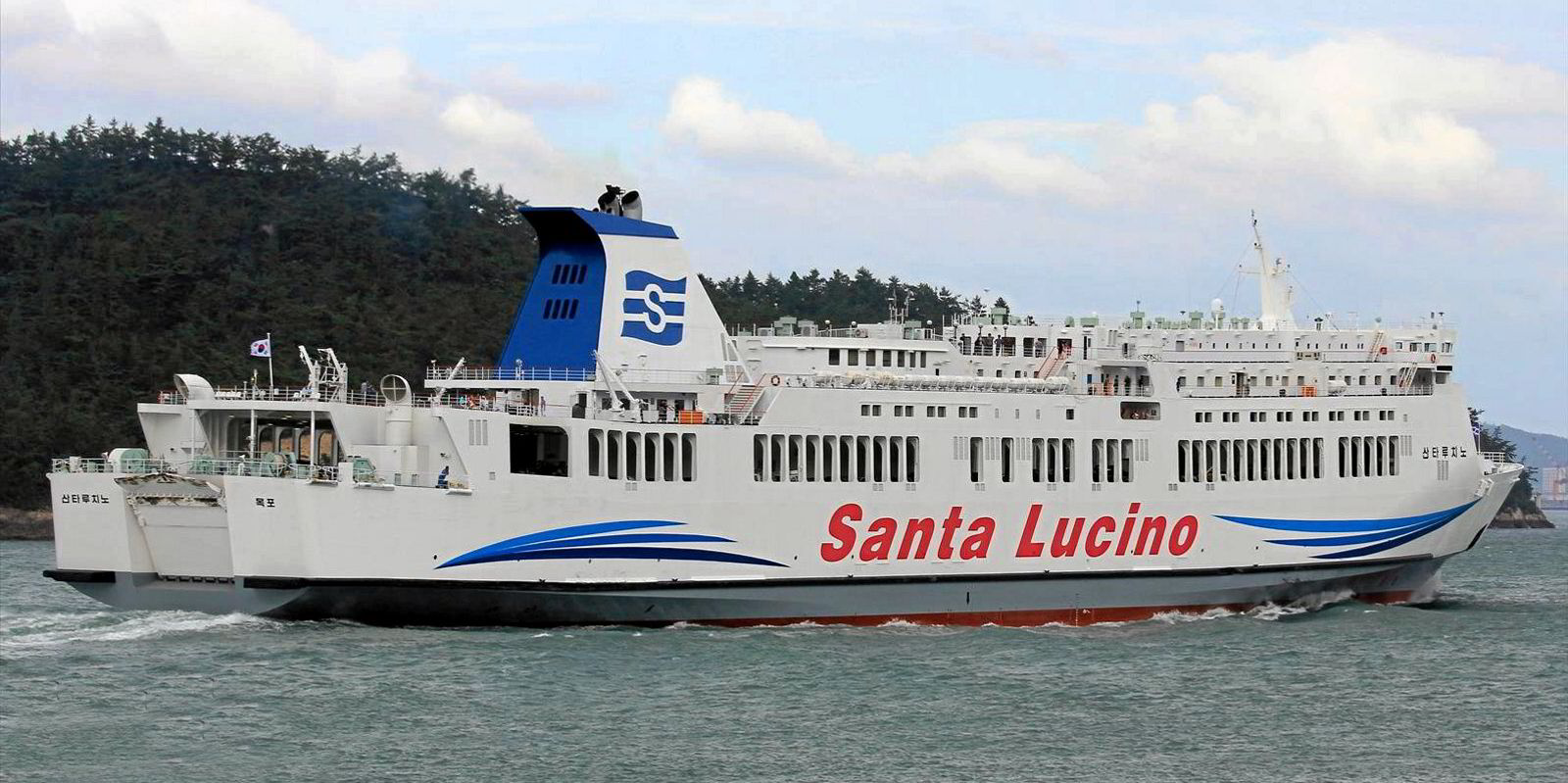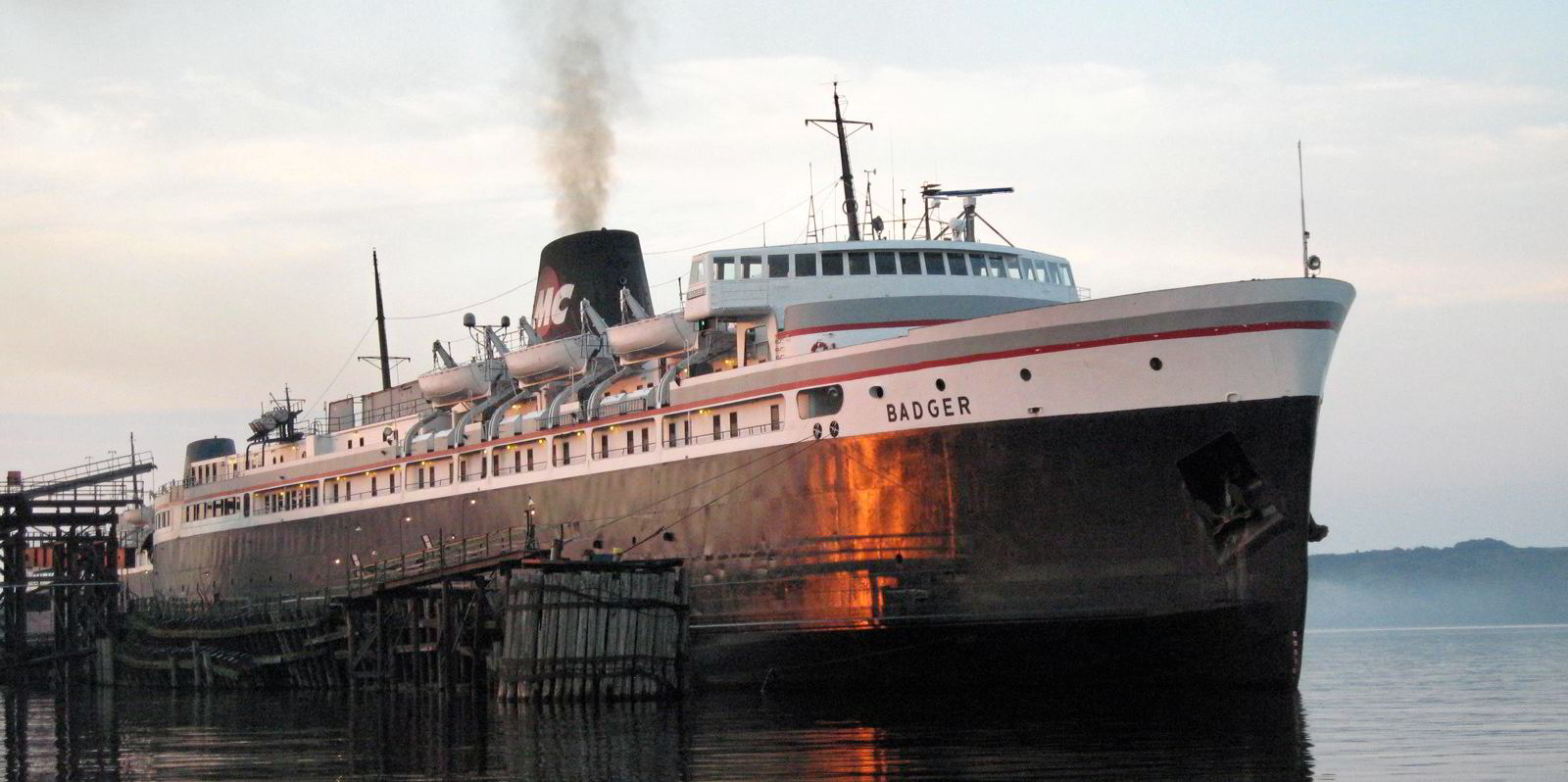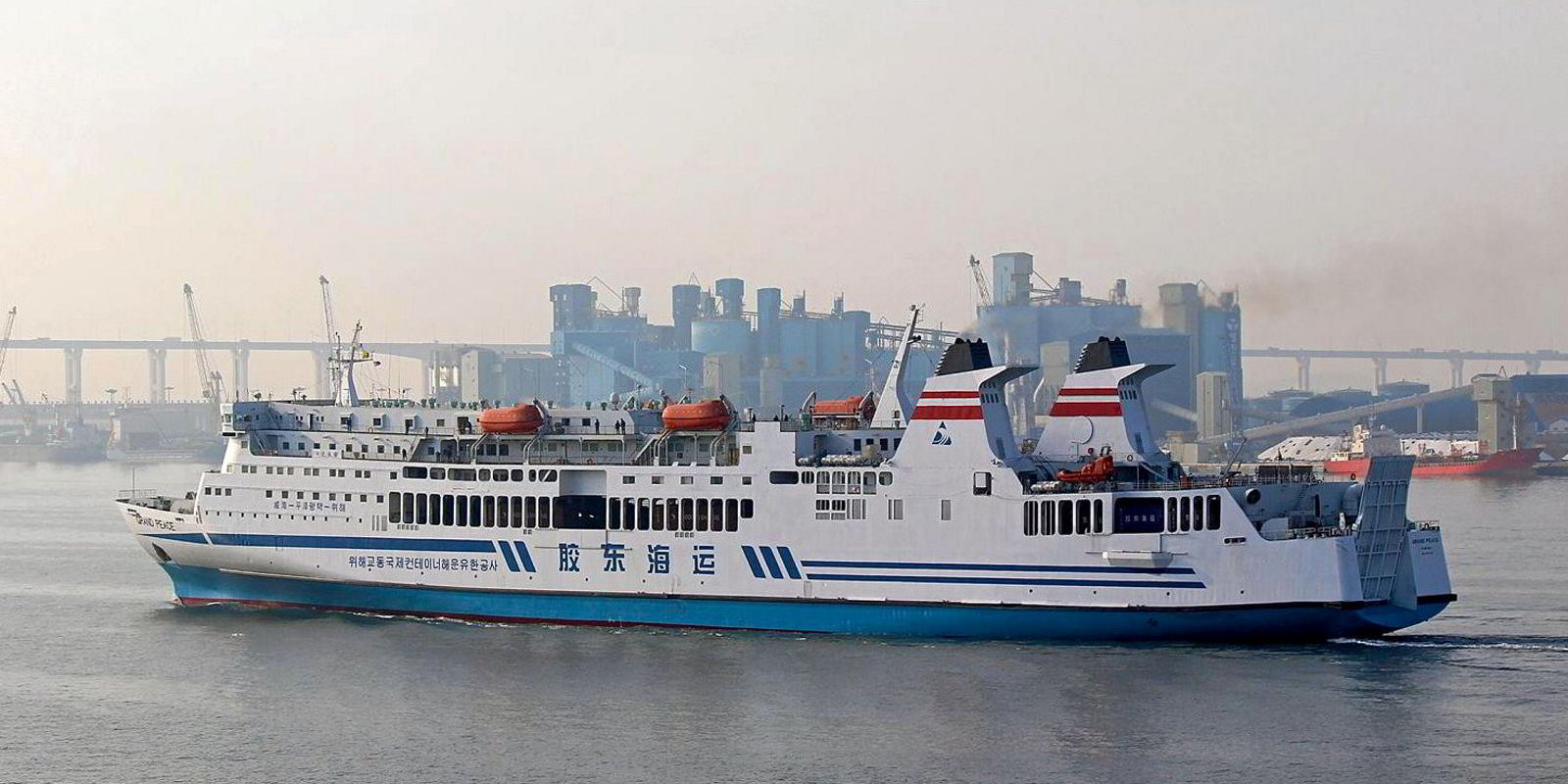South Korean operator Seaworld Express Ferry has scrapped a ropax it had hoped to sell for further trading after failing to find a buyer in the secondhand market.
Its 23,900-gt Santa Lucino (built 1996) was beached at a recycling facility in Chattogram, Bangladesh, last week under the name Lucino I.
The Japanese-built ropax spent 15 years operating in the South Korean domestic ferry service until replaced by the 27,400-gt Queen Jenuvia, a Hyundai Mipo-built newbuilding that was delivered at the end of 2020.
Brokers who handle Asian ferries said Seaworld Express Ferry had been hoping to find a trading buyer for the Santa Lucino for most of 2020, but none came forward by the time it was taken out of service.
Larger Japanese-built ferries, even those of a relatively advanced age, used to be popular with operators in China, the Philippines, Indonesia and Greece.
Chinese companies now almost exclusively build new ropax vessels at yards in China, incentivised by access to government-backed loans and leasing deals.
The Philippines and Indonesia remain active buyers of smaller ferries of less than 10,000 gt for short-distance routes, but the passenger trade on long-haul routes in these countries largely disappeared a decade ago due to the rapid growth of low-cost airlines.
That has left Greek ferry operators as the main buyers, especially for the cross-Adriatic trades between Greece, Italy and Albania.
The Covid-19 pandemic dealt operators on these services a hefty blow, and none have shown any interest in adding tonnage since 2019.
Brokers said the scaling back of passenger ferry services in Northern Europe has added to the lack of interest in Asian vessels from Greek buyers.
Not only are the European ferries closer at hand, negating the need for a long and costly delivery voyage, they do not need the extensive accommodation rebuilding that Asian ferries require to make them suitable for the European market.
Even so, brokers said they have yet to see any large ferries from Northern Europe move into the Adriatic, even though several inspections have taken place.
“It just shows how bad the market is in the Eastern Mediterranean,” said one broker based in Italy.
Only one larger Chinese-owned ropax sold for further trading in 2020. A handful of other Japanese, South Korean and Chinese ropaxes ended up being sold for scrap.






